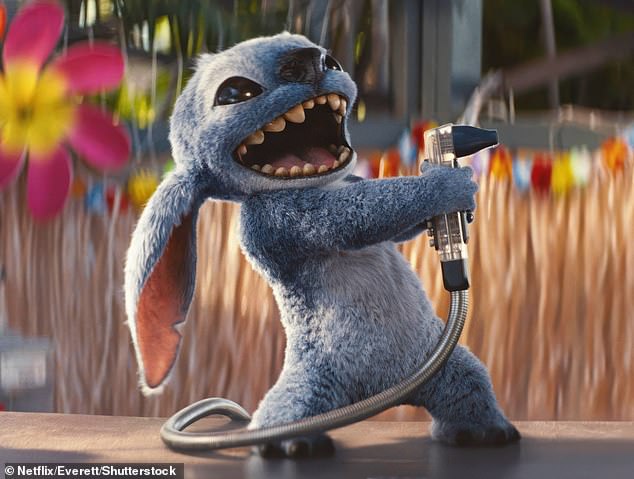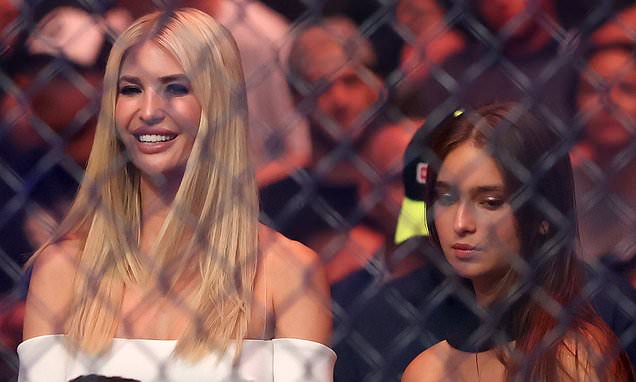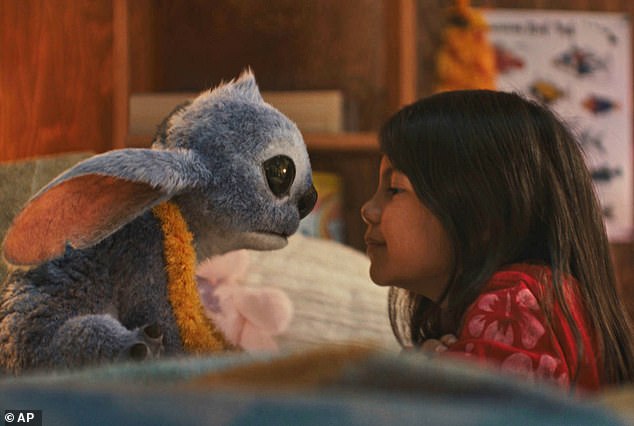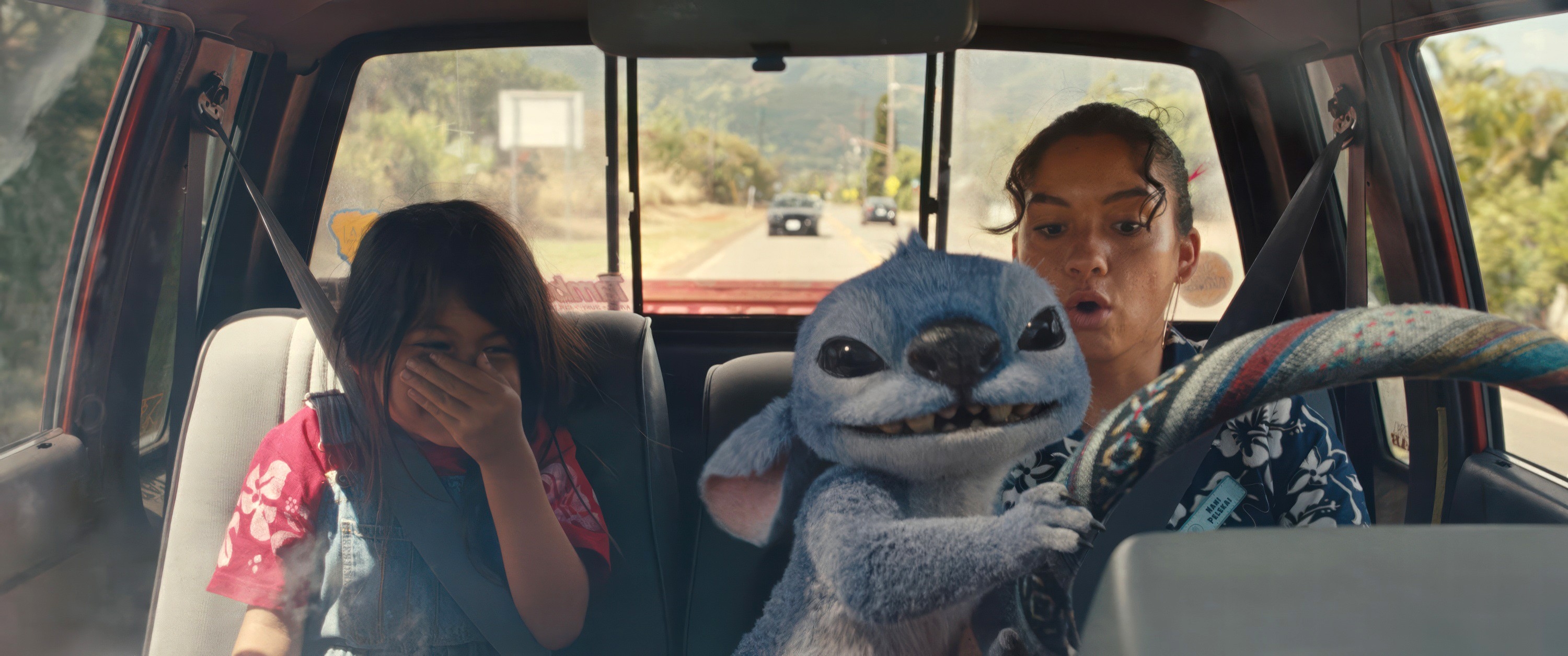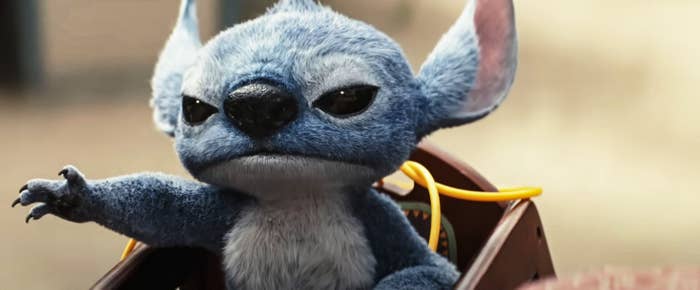Lilo & Stitch Live-Action Director Responds to Backlash After Making Shock Change to Ending
Director Dean Fleischer Camp has come under fire for his decisions regarding the ending of the live-action remake of the beloved animated film “Lilo & Stitch.” This updated version alters the original conclusion, sparking debate among fans who felt that the traditional themes of family and togetherness—embodied in the Hawaiian phrase “Ohana means family”—have been compromised. The film now portrays Lilo’s sister, Nani, as she chooses to hand over custody of Lilo to their neighbor in order to pursue her dream of studying marine biology. This shift has left many fans feeling disappointed and concerned about the core message of the story.
Understanding the Director’s Perspective
In response to the backlash, Camp defended his choices, asserting that the criticisms stem from a misunderstanding of the film’s deeper themes. He believes that some detractors did not appreciate the context in which these changes were made. Camp aimed to expand the definition of “ohana” by incorporating traditional Hawaiian values that emphasize the significance of community and extended family support. He collaborated with Chris Sanders, one of the original film’s co-creators, to ensure that the new narrative portrayed not just the immediate bond between sisters but also the wider sense of connection found within the Hawaiian culture.
Reception Among Different Audiences
Although there has been considerable criticism, Camp noted that many viewers, particularly those from the Hawaiian community, have welcomed the updated portrayal of family dynamics. He emphasized that the live-action adaptation seeks to showcase the importance of communal support during challenging times rather than painting the sisters as isolated figures. This fresh perspective allows for a more nuanced interpretation of family, suggesting that it can extend beyond mere biological ties. Nevertheless, some fans have gone so far as to announce boycotts of the film, driven by their strong emotional connections to the original version.
Other Changes and Their Impact
The live-action remake also features other notable departures from the beloved animated classic. For instance, the decision to exclude Captain Gantu, the primary antagonist from the original story, has further added to the overall disappointment experienced by some fans. Additionally, the reimagining of characters such as Pleakley—whose portrayal does not involve cross-dressing for comic relief—has initiated conversations about how the story has evolved in its live-action adaptation.
Ultimately, Camp remains committed to the artistic vision he pursued for this retelling of “Lilo & Stitch.” He acknowledges the emotional attachments fans have with the original film but believes that his interpretation offers a modern take that reflects loss and resilience grounded in communal love and support. As discussions continue about the live-action adaptation, it highlights the challenges and creative choices inherent in reinterpreting a classic story. While some critics may feel discontent, others appreciate the innovative layers added to the concept of “ohana.”
For fans eager to experience this new take, the live-action “Lilo & Stitch” invites viewers to reflect on what family truly means in today’s evolving narratives. Embrace the change, and see how this beloved story transforms on the big screen!

